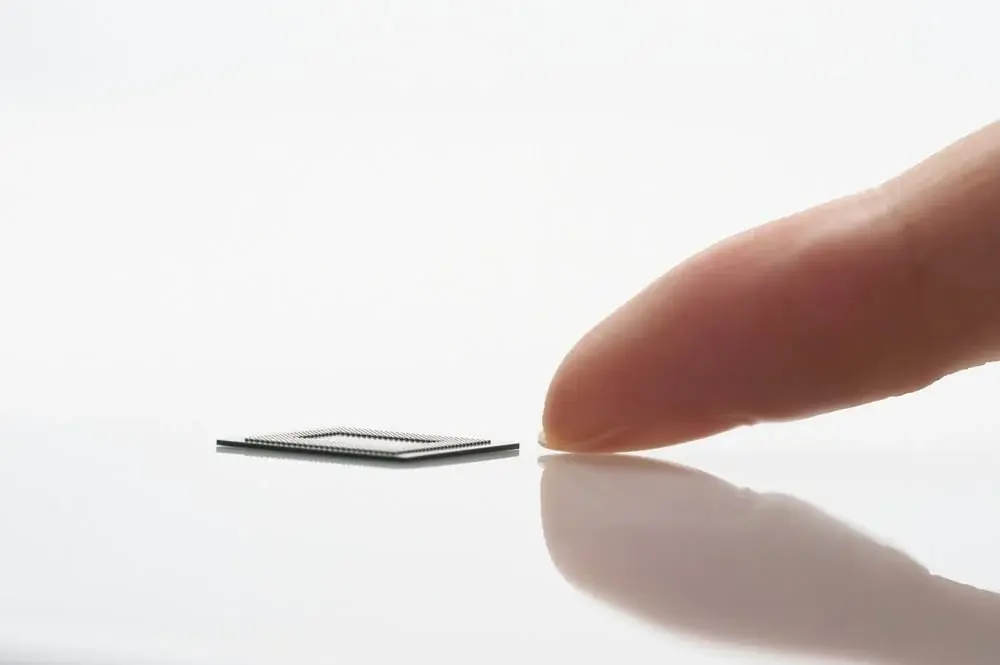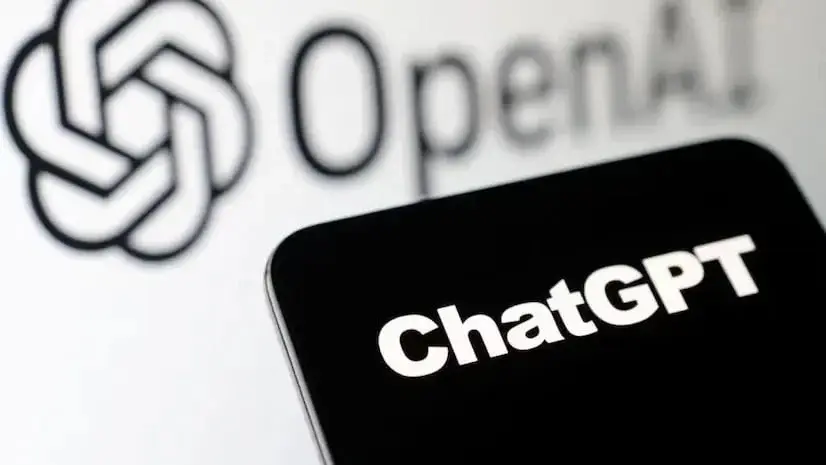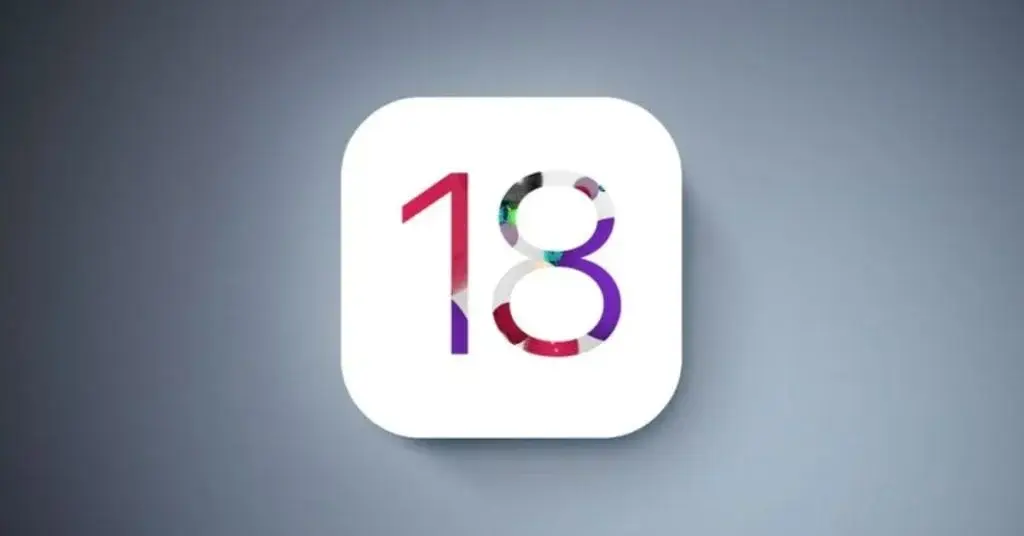Apple is poised to unveil the iPhone 16 lineup on September 9, but anticipation for the iPhone 17 series is already growing.
The iPhones slated for release in 2025 are rumored to introduce significant changes, including the debut of a new iPhone 17 Slim and the inclusion of ProMotion 120Hz support across all models.
A recent leak from China has added another potential upgrade to the list: RAM capacity. The leak suggests that the iPhone 17 series will feature 12GB of RAM for every model.
iPhone 17 Leak Details
According to the leak, the iPhone 16 series is expected to have 8GB of RAM. In contrast, last year’s iPhone 15 Pro models were equipped with 8GB, while the standard versions had only 6GB. It appears that Apple is moving towards standardizing the RAM across its devices.
The increased memory isn’t solely for enhancing performance, although it will certainly have that effect. The main reason is Apple’s developing strategy for on-device AI functionalities. Running AI directly on the device demands significant processing power and memory, which is where the additional RAM becomes essential.
Google adopted a similar strategy with their Pixel 9 phones, where even basic models now come with 12GB of RAM. A portion of this memory is reserved for AI tasks handled on the device.
Expectations for iPhone 16
The iPhone 16 series is rumored to include AI or Apple Intelligence features that remain predominantly cloud-based. However, speculation indicates that the iPhone 17 will make a considerable shift towards on-device AI processing, necessitating the substantial RAM upgrade.
While this leak is intriguing, it’s important to approach it with caution, as it originates from a less established source. The credibility of this information may increase if the iPhone 16 series indeed launches with 8GB of RAM, as the source suggests.










